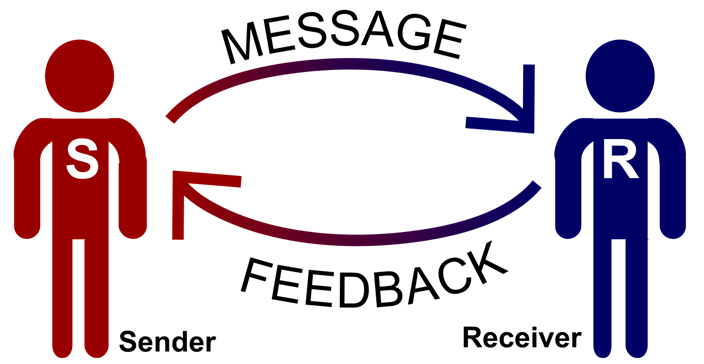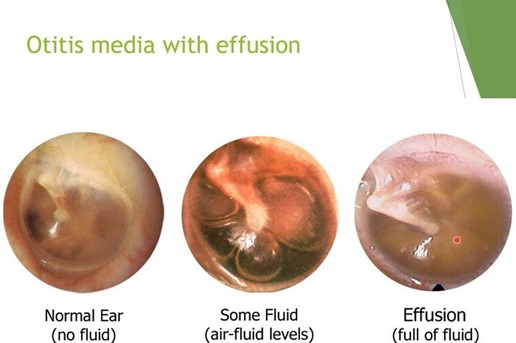A nurse is caring for a 4-year-old child who has croup and wet the bed overnight. When the parents visit the next day, the nurse explains the situation and one of the parents says, "She never wets the bed at home. I am so embarrassed." Which of the following responses should the nurse make?
This is expected for children who are hospitalized to regress. The toileting skills will return when your child is feeling better.
Why does it bother you that your child has wet the bed?
Your child did not seem upset, so I wouldn't worry about it if I were you.
I know this can really be embarrassing. I have kids myself, so I understand, and it doesn't bother me.
The Correct Answer is A
Choice A reason: This is a therapeutic response that acknowledges the parent's feelings and provides reassurance that the behavior is normal and temporary. The other responses are either dismissive, judgmental, or self-disclosing, which are not helpful for the parent.
Choice B reason: This is a judgmental response that implies that the parent is overreacting or has unrealistic expectations for their child.
Choice C reason: This is a dismissive response that minimizes the parent's concern and does not offer any support
or information.
Choice D reason: This is a self-disclosing response that shifts the focus from the parent to the nurse and does not
address the issue at hand.

Nursing Test Bank
Naxlex Comprehensive Predictor Exams
Related Questions
Correct Answer is D
Explanation
Choice A: This instruction is incorrect, as withholding insulin dose if feeling nauseous can cause hyperglycemia, which is high blood sugar, and diabetic ketoacidosis, which is a life-threatening condition that occurs when the body breaks down fat for energy and produces ketones. Ketones are acidic substances that can cause nausea, vomiting, abdominal pain, dehydration, or coma. The child should take their insulin dose as prescribed and monitor their blood sugar levels more frequently when they are sick.
Choice B: This instruction is unnecessary, as notifying the provider if blood glucose levels are within normal parameters does not require any action or intervention. The child and the parents should notify the provider if blood glucose levels are above or below the target range, which is usually 70 to 180 mg/dL for children with type 1 diabetes mellitus. The child and the parents should also notify the provider if they have any signs or symptoms of hypoglycemia, hyperglycemia, or diabetic ketoacidosis.
Choice C: This instruction is incorrect, as limiting fluid intake during mealtime can cause dehydration, which can worsen the symptoms and complications of type 1 diabetes mellitus. Dehydration can cause increased thirst, dry mouth, fatigue, headache, or dizziness. The child should drink plenty of fluids during meal time and throughout the day to hydrate their body and flush out excess glucose and ketones.
Choice D: This instruction is correct, as testing the urine for ketones can help detect diabetic ketoacidosis, which is a life-threatening condition that occurs when the body breaks down fat for energy and produces ketones. Ketones are acidic substances that can cause nausea, vomiting, abdominal pain, dehydration, or coma. The child should test their urine for ketones when their blood sugar levels are above 240 mg/dL or when they are sick. The child and the parents should notify the provider if the urine test shows moderate or large amounts of ketones.
Correct Answer is C
Explanation
Choice A: A popping sensation when swallowing is not a sign of a tympanic membrane rupture, as it is a normal phenomenon that occurs when the eustachian tube opens and closes to equalize the pressure between the middle ear and the atmosphere. A popping sensation when swallowing may be associated with otitis media with effusion, which is a condition that causes fluid accumulation behind the eardrum, but it does not indicate a rupture.
Choice B: Green-blue discharge could be indicative of infection but is not as directly related to the rupture event as the sudden pain relief is.
Choice C: The correct answer is sudden relief of pain. This is because the rupture of the tympanic membrane releases the pressure and fluid that has built up in the middle ear, leading to an immediate decrease in pain.
Choice D: An increased temperature is not a sign of a tympanic membrane rupture, as it is a nonspecific symptom that may indicate various conditions, such as inflammation, infection, or fever. An increased temperature may be associated with otitis media with effusion, which is a condition that causes fluid accumulation behind the eardrum, but it does not indicate a rupture.

Whether you are a student looking to ace your exams or a practicing nurse seeking to enhance your expertise , our nursing education contents will empower you with the confidence and competence to make a difference in the lives of patients and become a respected leader in the healthcare field.
Visit Naxlex, invest in your future and unlock endless possibilities with our unparalleled nursing education contents today
Report Wrong Answer on the Current Question
Do you disagree with the answer? If yes, what is your expected answer? Explain.
Kindly be descriptive with the issue you are facing.
